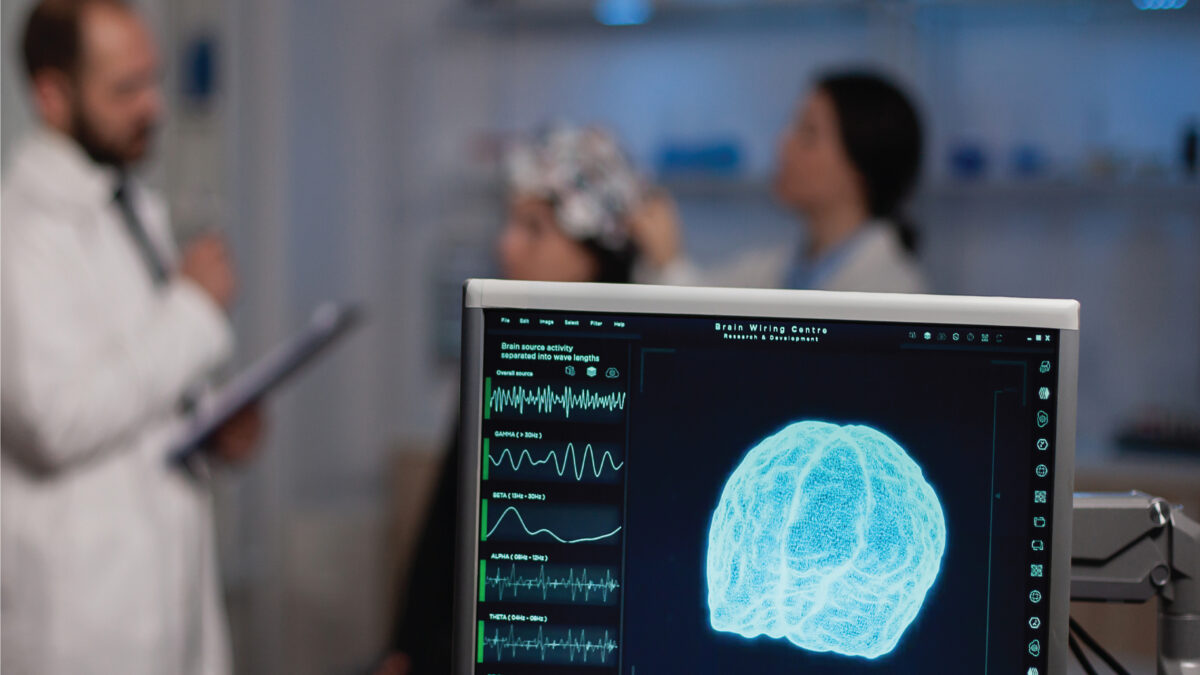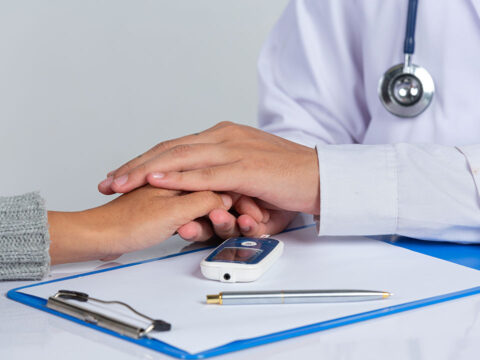
Tips To Keep Portion Size In Check When You Have Diabetes
April 7, 2022
Making Sure That School Is A Safe Environment For Kids With Diabetes
April 26, 2022Diabetic autonomic neuropathy (DAN) is a common and serious diabetic complication. Despite its relationship to a higher risk of cardiovascular mortality and its association with a multitude of symptoms and impairments, the eventual significance of DAN has not yet been fully appreciated.
DAN often coexists with several other peripheral neuropathies and numerous other diabetic complications, but DAN can be isolated, often preceding the detection of other diverse complications.
Significant clinical manifestations of DAN include exercise intolerance, resting tachycardia, gastroparesis, constipation, orthostatic hypotension, sudomotor dysfunction, erectile dysfunction, impaired neurovascular function, hypoglycaemic autonomic failure, and brittle diabetes.
More About DAN
Autonomic neuropathy chiefly affects the autonomic nerves, which control the gastrointestinal (GI) tract, bladder, and genitals, to name a few.
A common symptom of this form of neuropathy is paralysis of the bladder. When this occurs, the nerves of the bladder fail to respond normally to pressure while the bladder gets filled up with urine. Hence, urine stays back in the bladder, resulting in urinary tract infections (UTIs).
DAN can also lead to erectile dysfunction (ED) when it primarily affects the nerves that successfully control erection with sexual arousal. That said, there is no subsequent decrease in sexual desire.
Diarrhoea may occur when the nerves that are responsible for the control of the small intestine get damaged. Diarrhoea occurs predominantly at night. Constipation is another fallout of nerve damage in the intestines.
In some individuals, the stomach, too, is affected. It fails to move food through the body’s digestive system, thus leading to bloating and vomiting. This condition (which is also known as gastroparesis) can drastically alter the rate of absorption of food by the body. This can eventually make it difficult to match doses of insulin to portions of food.
Scientists do not yet know the exact, precise cause of DAN and are considering enhanced treatments for this type of neuropathy.
Symptoms Of Diabetic Autonomic Neuropathy

This specific type of nerve damage affects nerves that are responsible for the control of diverse body systems. DAN affects your digestive system, sex organs, urinary tract, sweat glands, heart, blood vessels, and eyes. Peruse the list below and note down any symptoms that you may be experiencing. Ensure that you show this list to your healthcare provider.
Digestive System
- Indigestion or heartburn
- Nausea and vomiting of undigested food
- Bloating
- A sense of fullness even after consuming a small food portion
- Diarrhoea
- Loss of control of the bowels
- Constipation
- Difficulty in predicting blood sugar levels
Urinary Tract
- Problems of bladder control, such as urinating too often or not often enough, feeling a need to urinate when you don’t, or leakage of urine
- Lacking the feeling of need to urinate, despite a full bladder
- Loss of control of the bladder
- Frequent infections of the bladder
Sexual Organs
- Trouble in getting and sustaining an erection in men
- Women experience vaginal dryness, lack of arousal, and problems with orgasms during sexual intercourse
Heart and Blood Vessels
- A sense of dizziness after standing up too quickly
- Fainting after getting up or altering the position
- Fainting suddenly for no apparent reason
- High pulse rate at rest
- Experiencing a heart attack, without typical warning signs like chest pain
These were the common diabetic autonomic neuropathy symptoms.
Diagnosis of DAN
To diagnose this type of nerve damage, you need to undergo a physical exam as well as special tests. For instance, an ultrasound test makes use of sound waves for an in-depth analysis of the bladder. Stomach problems can be diagnosed through x-rays and other tests. Accurate reporting of your symptoms plays a key role in diagnosing the condition.
Treatment Of Diabetic Autonomic Neuropathy
There are numerous treatments for damage to nerves that eventually control body systems. For instance, a dietitian can help in planning meals if you experience nausea or feel a sense of fullness after consuming a small food portion. Certain medications can speed up the digestion process and reduce the occurrence of diarrhoea. Problems with erection can be treated with the use of medications or devices.
On A Final Note
Diabetic autonomic neuropathy (or DAN) is a common but serious complication of diabetes. This condition primarily attacks the autonomic nerves, which are responsible for the control of the gastrointestinal tract, genital organs, and urinary bladder, to name a few. In addition, DAN can affect the heart and blood vessels, sweat glands, and eyes, too. In addition, if you develop DAN, you may not experience the symptoms of hypoglycaemia or low blood sugar. Other common symptoms include diarrhoea, nausea, indigestion, vomiting, erectile dysfunction, and problems with bladder control.




